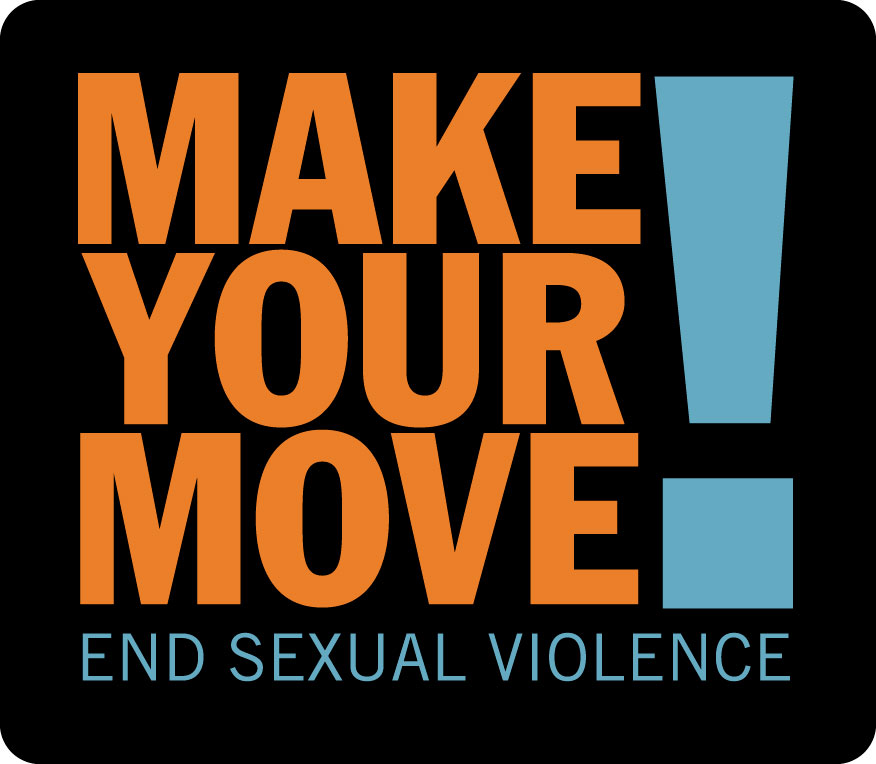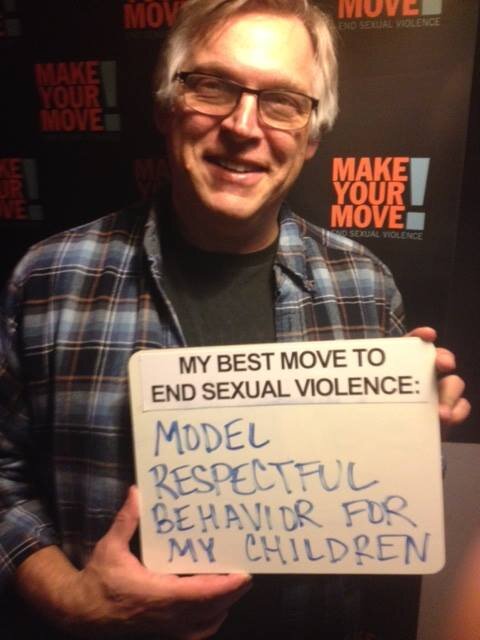Conversations With Your Children
Research shows that children, teens, and young adults value their parent's perspectives on sex, sexuality, and relationships. It is therefore important to have conversations that extend past The Talk. There are so many skills involved with healthy relationships and intimacy that your loved one will need for the rest of their life.
Answering Questions
The U.S. Department of Health and Human Services has a great resource for talking with teens. We think the skills they describe are helpful no matter the age of your child. Their guidance has been adapted below:
Types of Questions
Your child will ask a variety of questions, but they can generally be distilled down to three different types.
Knowledge: Looking for factual information, often about how things work. Example: "What is a dental dam?"
Normalcy: Wanting to ensure that physical or emotional changes and experiences are normal. Example: "Do women ever masturbate?"
Values: Finding ways to understand why you have your perspective, or trying to figure out how they should make their own choices. Example: "How did you know when you were ready to have sex?"
You Are A-B-L-E!
Always answer the question, if you can. If you aren't sure of the answer, look it up together! Or, if you need time to think about your response, let your child know when you will be ready to provide them with an answer.
Be brief. A to the point answer that is honest and free from judgement can be more helpful than a long winded lecture. Remember that no one conversation is going to give your child all the information they need. Pick what is most important in that moment.
Leave the door open to more conversation. Don't use language that ends conversation ("you should do __"). Instead, make sure your response answered their question and invite them to think about it more ("does that make sense?" "if you have questions later, I am happy to tell you more.")
End with support. Make it clear to your child that it means a lot to you that they wanted to know your opinion. Let them know that exploring these issues is good and healthy. You can also remind them of other resources that they can go to for additional advice - like other adults or trusted educational websites.
Learn Together!
There are so many ways to share your knowledge about healthy relationships, great sex, and bystander intervention with your child. You can use teachable moments to have conversations in real time about topics that matter to them. You can also share how some topics or skills help prepare them for intimate relationships later on in life. Whenever you have a conversation like this, you are helping to prevent sexual violence in our community.
Healthy Relationships
You likely have practice helping your child make good friends and treat others kindly. Skills like sharing, compromise, and building trust are all helpful components of a healthy relationship. Conversations about romantic or sexual relationships should be based around the same things.
This guide from Amaze has ideas for conversation starters, key messages, book recommendations, and videos to watch with your children about healthy relationships.
Every Body Curious has great videos for 9-12 year olds, including this one on relationships.
This handbook from Break the Cycle has tips for unhealthy and healthy relationships geared towards teens.
Bystander Intervention
Your child will learn about what it means to do the right thing and how to help others pretty early on in life. These lessons never stop, so continue encouraging them to be kind to others and to care for those around them. When you talk about the harm of bullying, you are preparing them to understand why coercion is unacceptable in intimate relationships.
This guide from Amaze has ideas conversation starters, key messages, and videos to share with your children about bullying.
Great Sex
Sex involves a lot more than body autonomy, safe sex barriers, and birth control. When you have conversations about healthy gender roles, when you support positive body image, and as you help your child learn how to make complex decisions, you are preparing your child for a healthy relationship with sex. It’s never too late or too early to start talking to your children about their bodies, sexuality, and healthy relationships!
Planned Parenthood provides great guides for discussing sex and sexuality at different ages.
These Amaze Jr. videos for parents have great ideas for how to support young children learning about bodies and sexuality.
Media Literacy
The books, movies, tv shows, and music we enjoy can have a profound impact on our beliefs about relationships, sex, gender, and body image. They also provide so many teachable moments to help your child analyze the messages in the things they read, watch, listen to, and view online. By helping your child learn media literacy skills, you can help them think critically.
Common Sense Media has a great guide on what media literacy is, why it’s important, and how to engage children at different ages about media literacy.
Healthy Teen Network has tips on using teachable moments to discuss sex.

